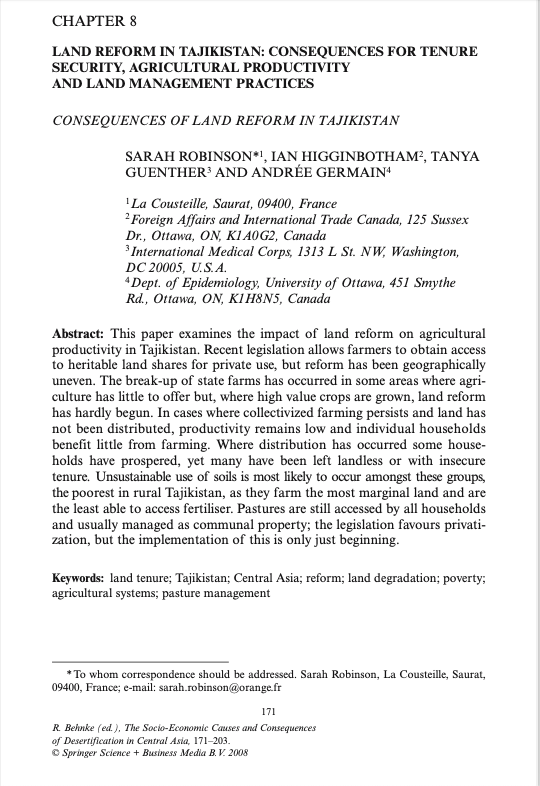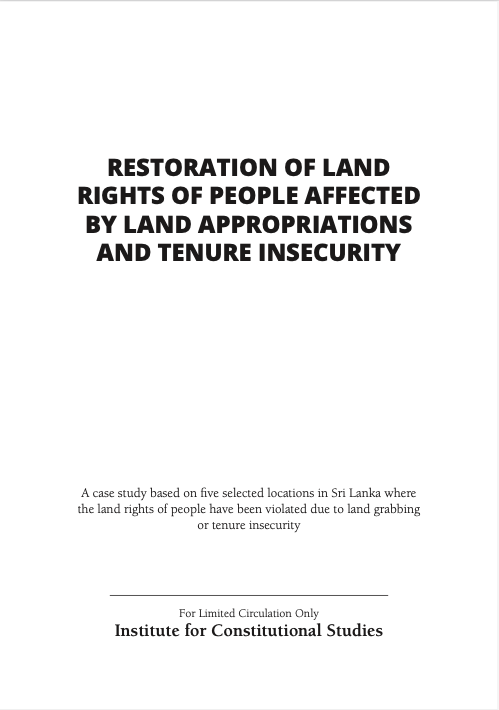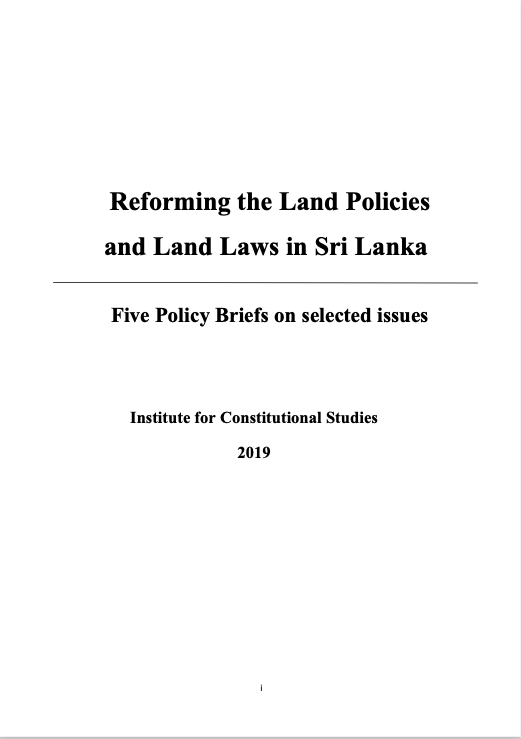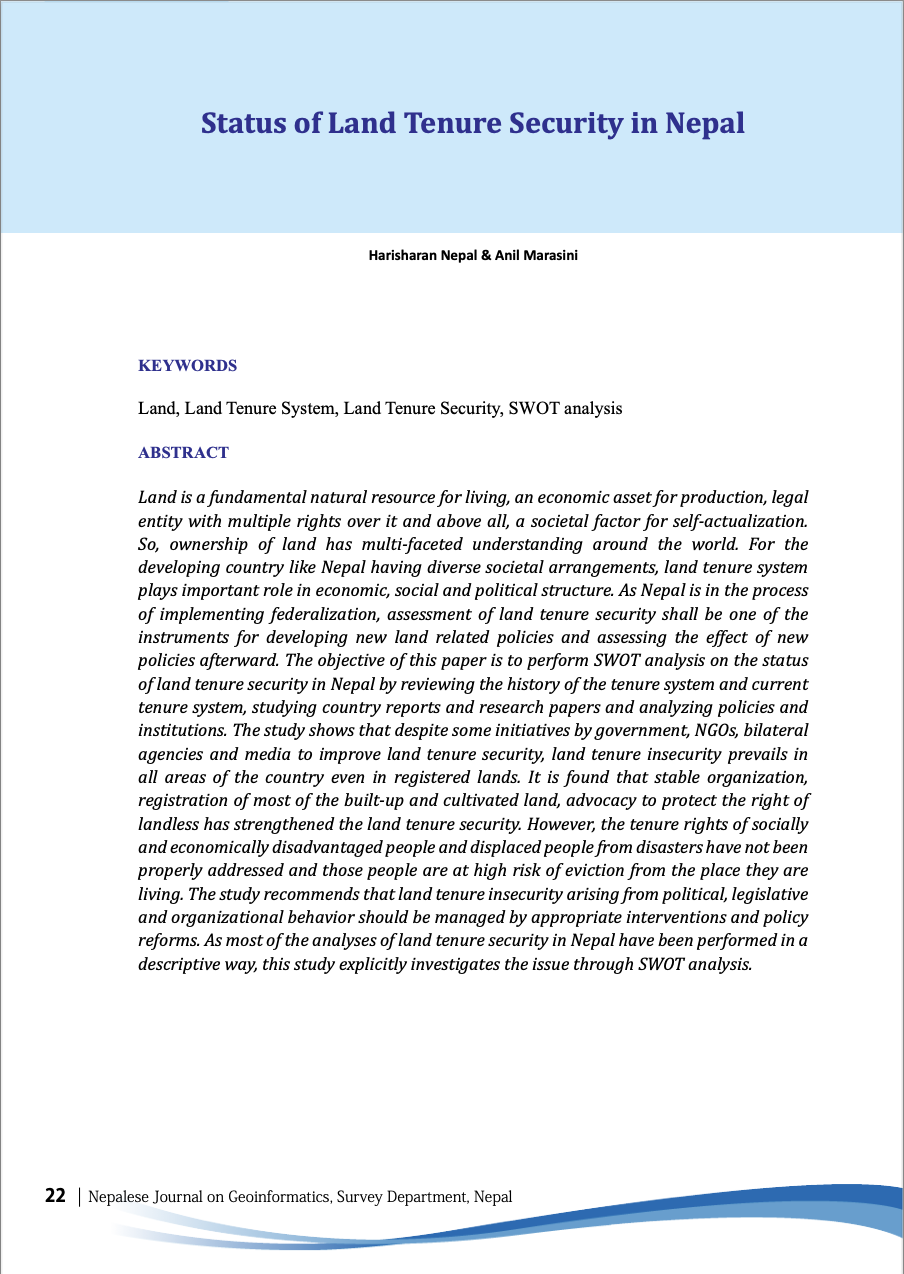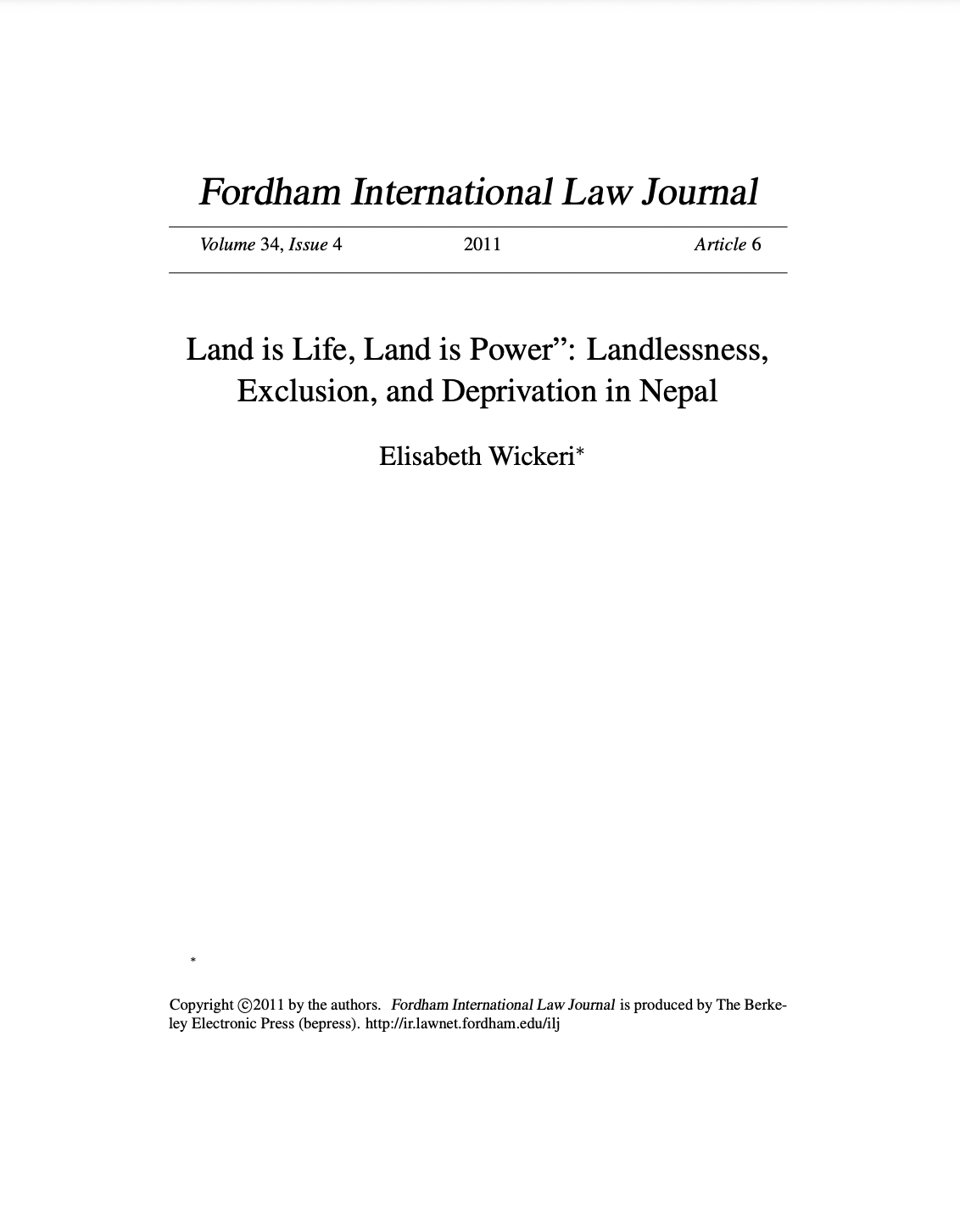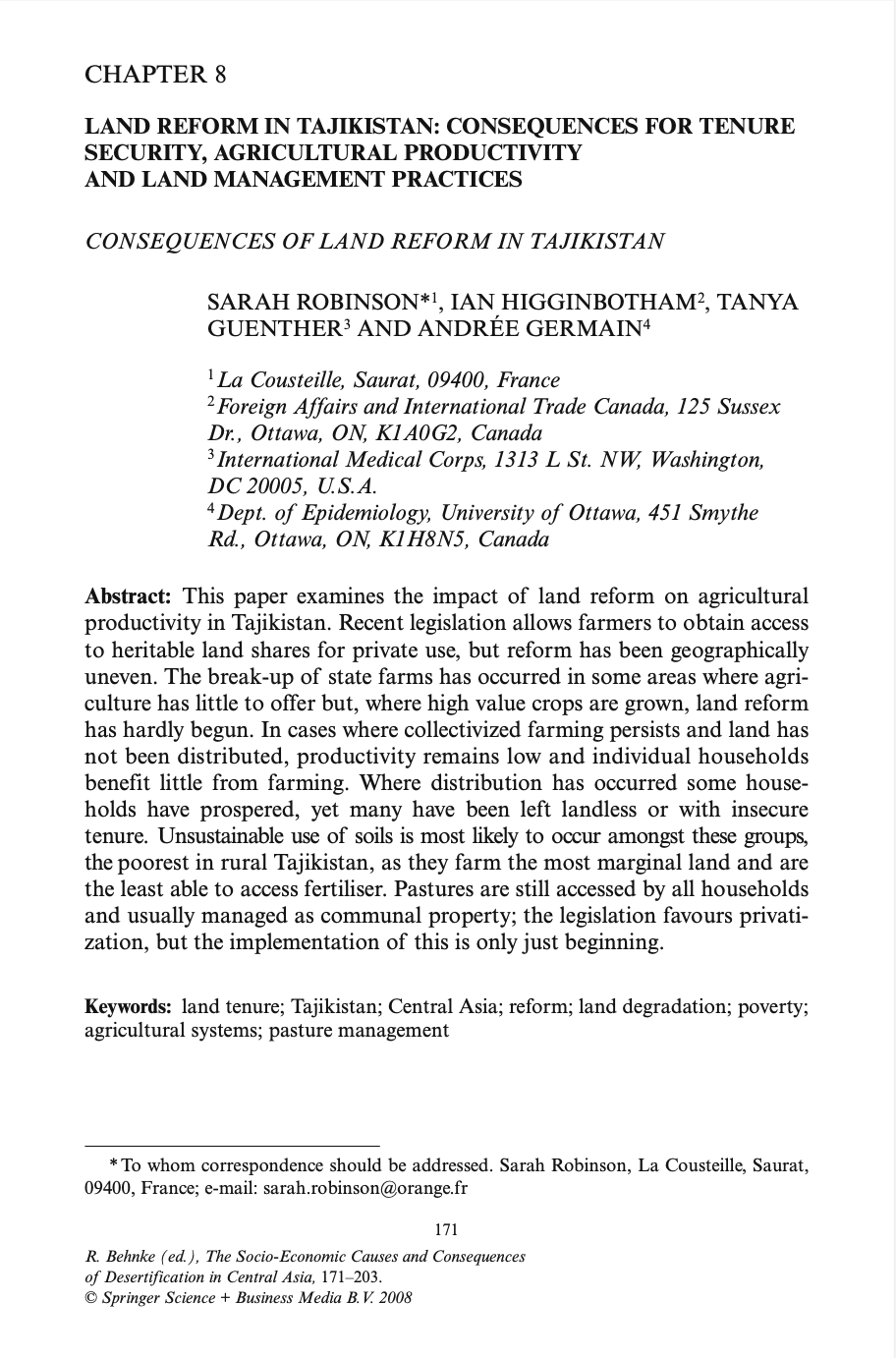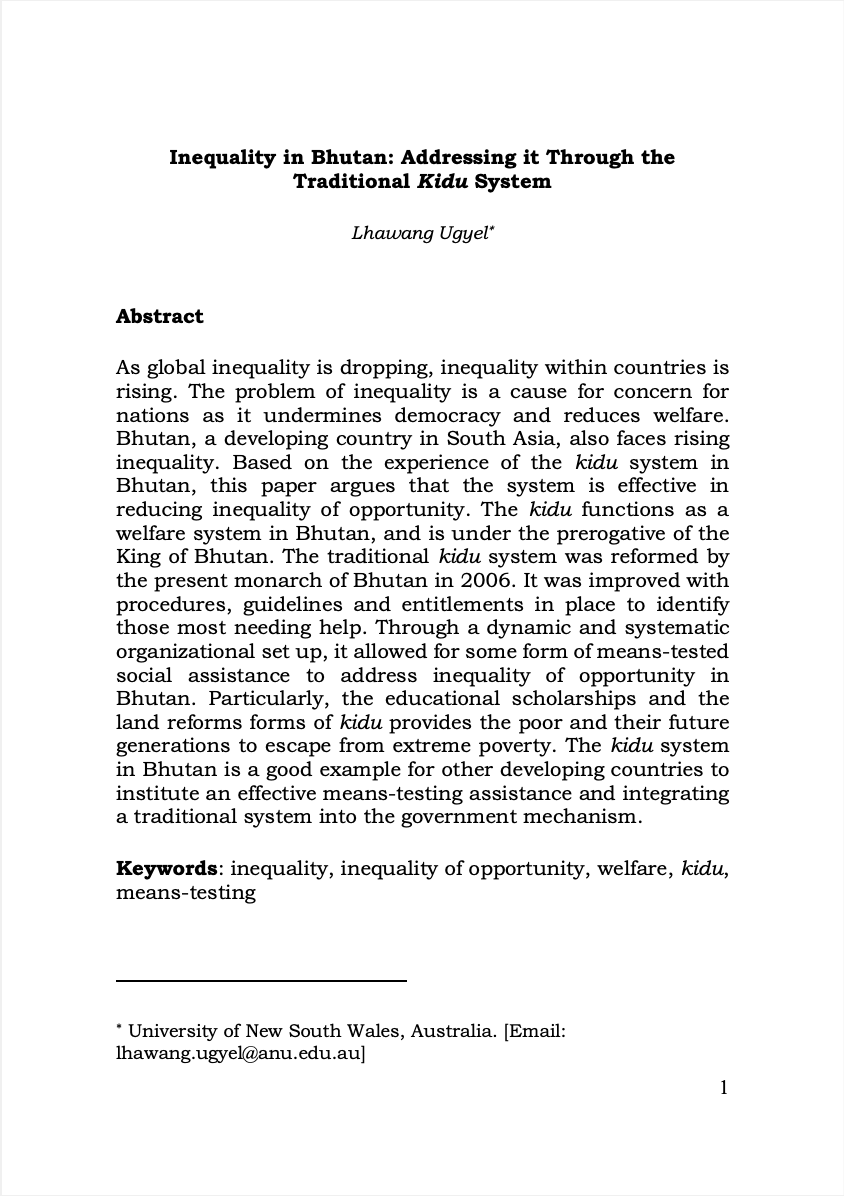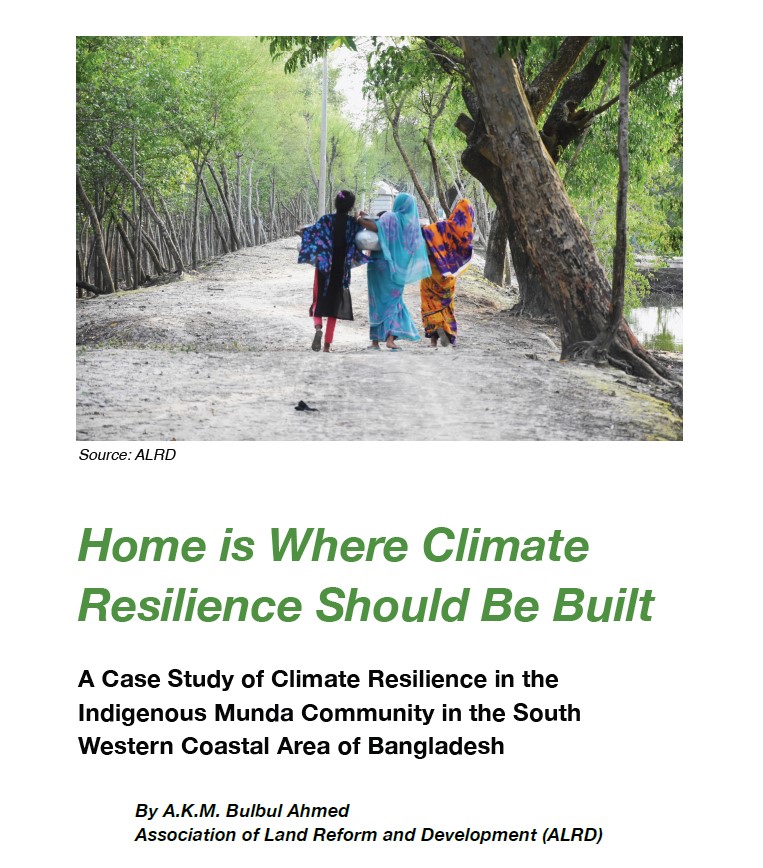Land Reform in Tajikistan
This paper examines the impact of land reform on agricultural productivity in Tajikistan. Recent legislation allows farmers to obtain access to heritable land shares for private use, but reform has been geographically uneven. The break-up of state farms has occurred in some areas where agriculture has little to offer but, where high value crops are grown, land reform has hardly begun. In cases where collectivized farming persists and land has not been distributed, productivity remains low and individual households benefit little from farming.

